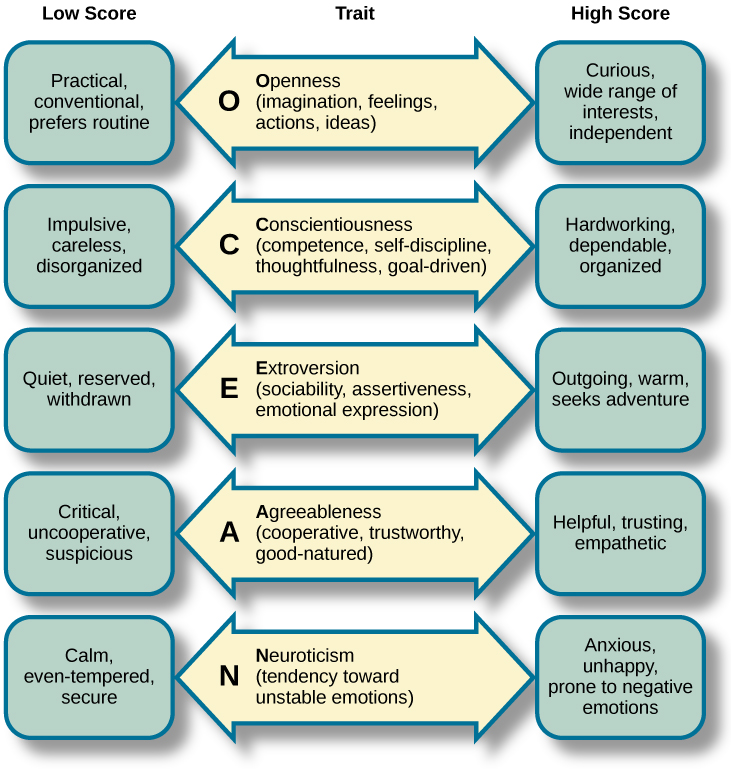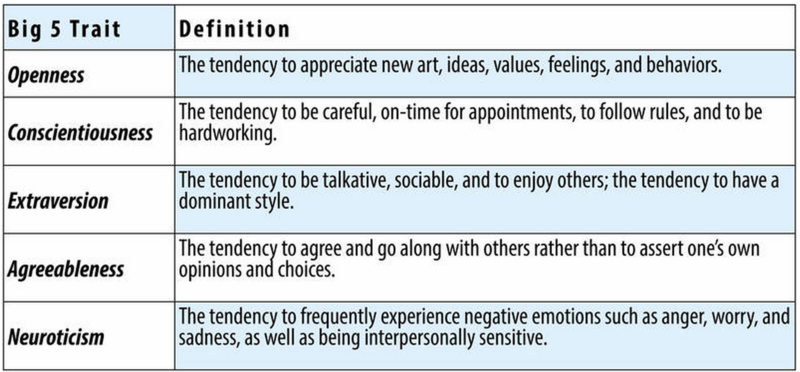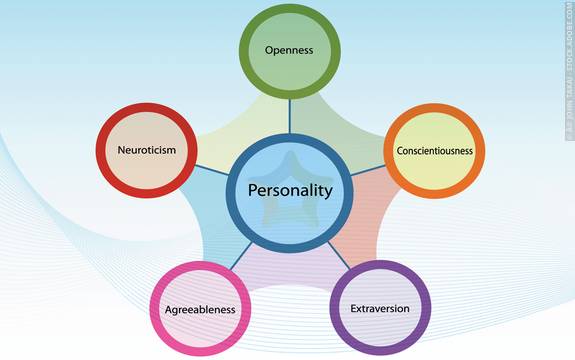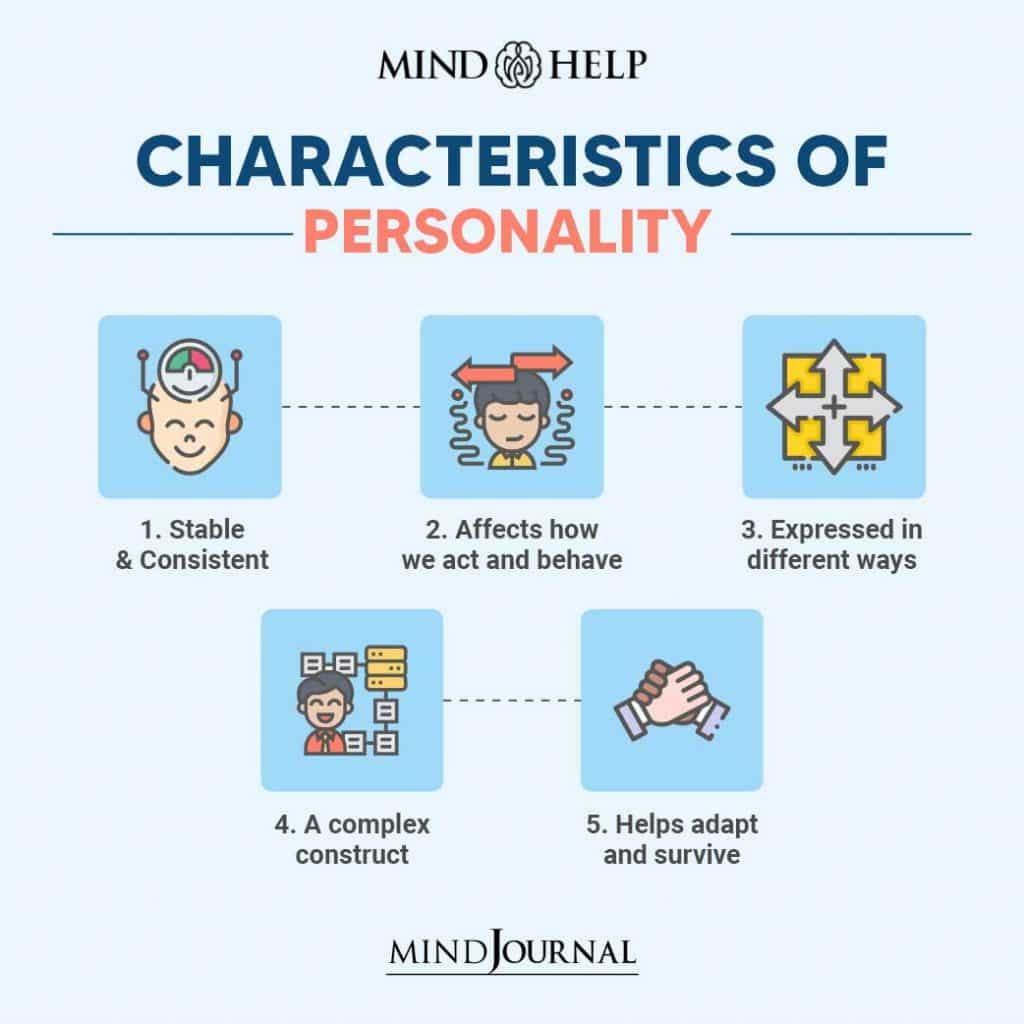What Are Different Ways Personality Is Explained or Studied
Self-Report Tests of Personality. One way of measuring personality involves asking individuals to respond to a self-report inventory or questionnaire.

Maslow S Theory Google Search Maslow S Hierarchy Of Needs Maslow S Hierarchy Of Needs Hierarchy
Learning and cognitive approaches.

. In this article well discuss the different approaches or models that have been adopted in the study of personality. Here are some of the scientifically studied groups of. But personality can be sliced in many different ways and some traits are frequently measured and studied by psychologists on their own.
In recent decades psychologists have proposed a number of further theories explaining personality. When psychologists study personality. Other theories such as the Five Factor Model take a trait theory.
Research into these five philosophical questions has branched into several different approaches to studying personality. Personality a characteristic way of thinking feeling and behaving. Behaviorism social learning theory cognitive personality psychology.
Conscientiousness spontaneous to conscientious Agreeableness hostile to agreeable Neuroticism stable to neurotic Openness closed to open Extroversion introverted to extroverted An individuals personality type is determined where they score on each spectrum. The three main approaches are trait theory situationism and interactionism. Some such as Friedman and Rosenman focus on an individuals observable behavior.
One is understanding individual differences in particular personality characteristics such as sociability or irritability. Unconscious mind internal mental conflict. Personality embraces moods attitudes and opinions and is most clearly expressed in interactions with other people.
Personality development depends on the interplay of instinct and. The major theories include the psychodynamic neo-Freudian learning or behaviorist humanistic biological trait or dispositional and cultural perspectives. It can be described as how a person affects others how he understands and views himself and his pattern of inner and outer measurable traits.
It includes behavioral characteristics both inherent and acquired that distinguish one person from another and that can be observed in peoples relations to the environment and to the social group. Early childhood influences re. The study of personality focuses on two broad areas.
To study personality scientifically we must first be able to measure it. Instinctual drives food sex aggression. Humanistic approaches to understanding personality are characterized by a concern for the integrity of an individuals personal and conscious experience and personal growth.
Approaches to Studying Personality. Self-efficacy affects how we approach challenges and reach goals. Adapted from the Encyclopedia of Psychology.
Because they explain peoples seperate acts in terms of their entire personalities. As well soon see in several different ways. Why basic approach is useful.
Eysencks PEN Model of Personality. These types are only vaguely described as more extensive study is needed to describe these personalities in. The other is understanding how the various parts of a person come together as a whole.
Psychosexual stages especially the parents. How do psychologists deal with this issue. Personality involves several factors.
Self-efficacy is our level of confidence in our own abilities developed through our social experiences. Bandura 1977 1995 has studied a number of cognitive and personal factors that affect learning and personality development and most recently has focused on the concept of self-efficacy. Conscious awareness and experience humanistic psychology cross-cultural psychology.
People are not seen as the sum of discrete traits that each influence. The Big 5 personality traits which spell out the word CANOE fall on these ranges. Personality Types Friedman Rosenman Five-Factor Model of Personality.
Personality theories look to study an individuals personality- the way they feel behave and interact with the world around them. There are many approaches to the modem psychological study of personality including the psychodynamic learning humanistic biological trait and cultural perspectives. These theories aim to understand the origin of personalities and.

Everything Intp Intp Personality Intp Intp Personality Type

Explaining Personality Biological Approaches And Trait Theories Introduction To Psychology

How To Remember What You Study Educational Infographic Study Infographic

19 Unique Bright House Pension Plan Buyout Images How To Plan Pension Plan Pensions

Ap Psychology Review Psych Review Twitter Ap Psychology Review Ap Psychology Psychology

Omg I Didn T Know This Was A Thing Attached To My Profile Explains A Lot I M Not Just A Weirdo Lol Intp Personality Intp Personality Type Intj Intp

Intp Quirks Intp Personality Intp Personality Type Intj Intp

Behaviorism The Psychological Theory Of Stimulus Response Psychological Theories Developmental Psychology Operant Conditioning

16 1 Personality Traits Introduction To Psychology

How To Improve Student Engagement Student Engagement Educational Infographic Teaching Method

Explaining Personality Biological Approaches And Trait Theories Introduction To Psychology

Ti Introverted Thinking Intp Intp Personality Intp Personality Type

Five Factor Model Of Personality Psychologist World

How Maslow S Famous Hierarchy Of Needs Explains Human Motivation Freud Theory Psychology Social Work Exam

Training Ai To Predict Myers Briggs Personality Types From Texts Personality Types Chart Personality Types Meyers Briggs Myers Briggs Personality Types

The Four Temperaments Choleric Sanguine Melancholic Phlegmatic Miss Babblington Personality Psychology Theories Of Personality Types Of Temperament

What Is Personality Psychology Personality Laboratory At The University Of New Hampshire


Comments
Post a Comment